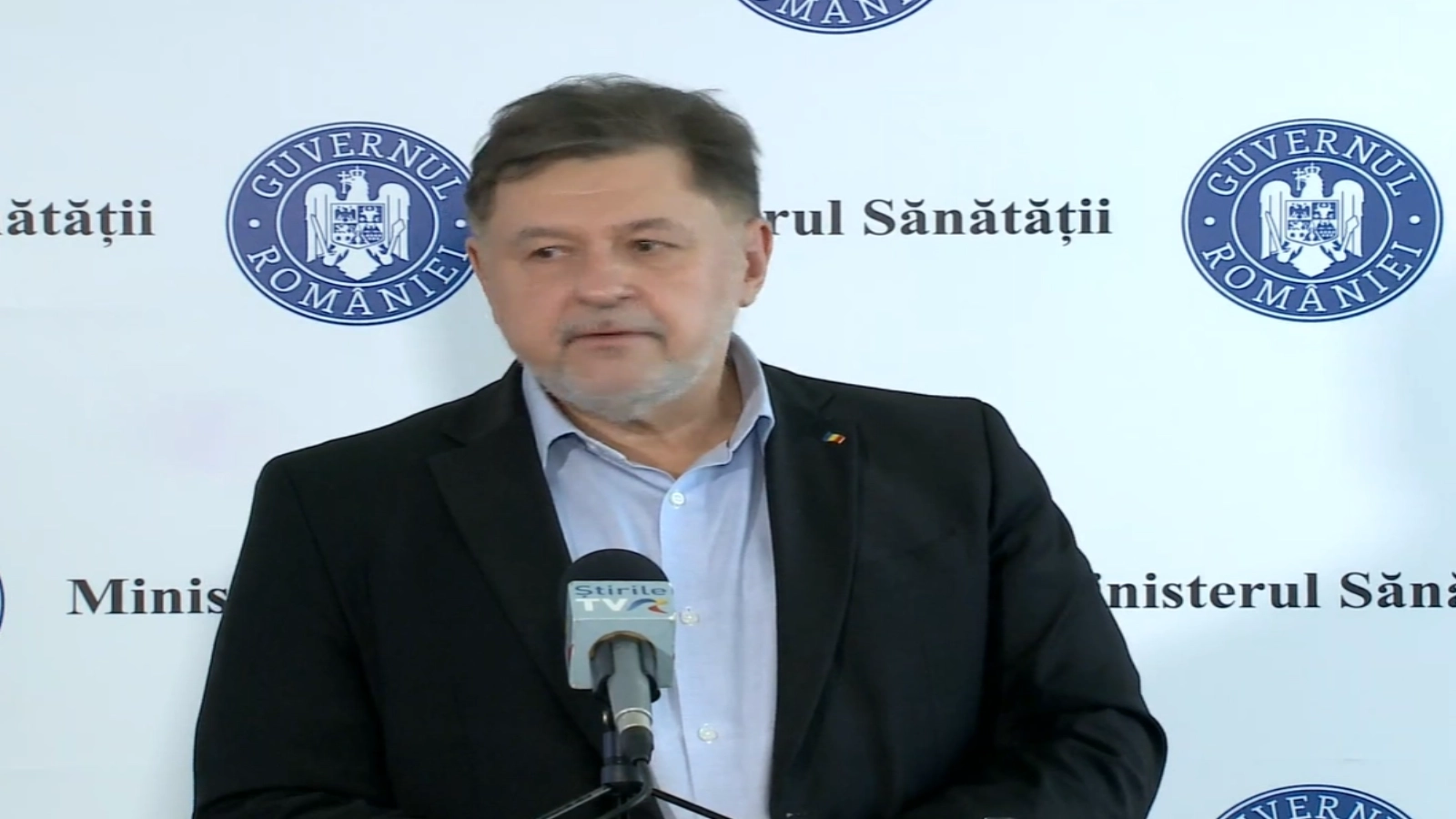The Minister of Health, Alexandru Rafila, said on Friday that at the national level, about 30,000 infections associated with medical assistance were reported annually, which means almost 1.3% of all discharged cases, told Agerpres.
"In Romania, compared to what exists in many other countries, especially in northern Europe, these multiresistant bacteria are a daily presence, including in hospital units, because we consume a lot of antibiotics. In Romania traditionally, this also happens and in other countries in the south of the continent, there is high consumption of antibiotics. We are in second place in consumption in the European Union. Other countries affected by this are Cyprus, Greece and Italy. Implicitly, this inappropriate use of antibiotics also leads to high levels of resistance, and these bacteria produce invasive infections that are difficult to treat, and then we have to address both problems simultaneously. (...) At the national level, we now have about 30,000 infections reported annually. That means somewhere around 1.3% of all cases discharged. The average of the European Union is 7%", Rafila said on the occasion of the 15th National Conference of Microbiology and Epidemiology.
He stated that a National Strategy and a National Plan regarding antibiotic resistance and healthcare-associated infections are to be approved by the Government.
































Comentează